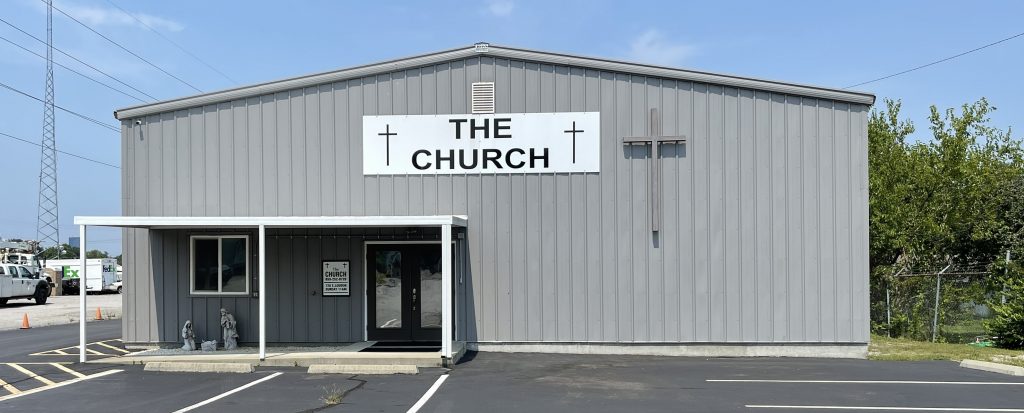
This post is a break from Hans Kung and Real Church to share a post by Richard Beck in which he suggest transitions he would like to see in the church.
Transitions for Church
I would like the church to begin making the following transitions:
- Choice to Character
- Rhetoric to Behavior Change
- Trying to Training
- Evangelism to Moral Formation
- Missions to Social Justice
- Moral Blame to Moral Luck
Choice to Character: I think the church makes mistakes when she is overly confident in her appeals to choice. The church should rather focus on the formation of character and the acquisition of virtue.
Rhetoric to Behavior Change: Elaborating further, character is not formed by persuasive rhetoric (i.e., a weekly appeal from the pulpit to be a good person). Rhetoric is excellent for changing opinions and, thus, an excellent tool for improving doctrine. But it is a poor tool for transforming the lives in the pew. That is, we are NOT volitionally nimble. We possess characterological inertia and causal forces will need to be brought to bear upon us to form us into the image of Christ. The word form (as in mold or shape) nicely captures the idea. We don’t choose. We are formed.
Trying to Training: Thus, the focus of Kingdom living is less about “trying to be a better person” (via what William James called a “slow heave of the will”) than about “training to be a better person.” Church should be a kind of boot camp for Kingdom living.
Evangelism to Moral Formation: What I mean here is an evangelism that is volitionally-based, the traditional “Do you accept Jesus as your Lord and Savior? Yes or no?.” The move should be to what Jesus asked for in the Great Commission: “Make disciples.” Again, the word make gets at the idea very well.
Missions to Social Justice: These last two go together. Mission work should move away from “persuasion models” to actually changing the world. The question for missionaries should shift from “How many souls were saved?” to “How have you transformed that community into the Kingdom of God?”
Moral blame to Moral Luck: We shift from seeing the moral landscape as populated by the “righteous” and the “blameworthy” to seeing the “fortunate” and the “unfortunate.” As Immanuel Kant said: “And how many there are who may have lead a long blameless life, who are only fortunate in have escaped so many temptations.”
If we make this shift, from strong volitional to weak volitional models, what gets lost? Actually very little. And the gains are enormous. By embracing causality and the contingent nature of will–by focusing on Character over Choice–the church might actually start being more effective (a nice causal word) in this world. We will rely less and less on God Talk and more and more on, well, actually doing things. You know, make a difference.
But what does get lost in this shift away from strong volitional models is a robust sense of moral blame or praise. In the contingent picture I paint you can’t take credit for your good character and neither can we “blame” others for poor character. Yet much of Christian theology seems to hinge on notions of moral praise and blame. Particularly soteriological visions of Heaven and Hell.
Of course, Beck is not the final word on THE CHURCH, but I believe he provides some thoughtful and important insights into the nature and character of the church today. His suggested transitions are worthy of serious consideration.
Still on the Journey